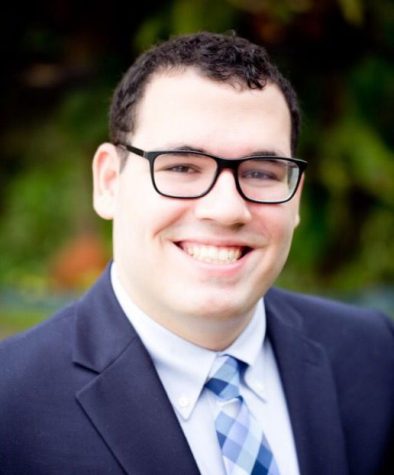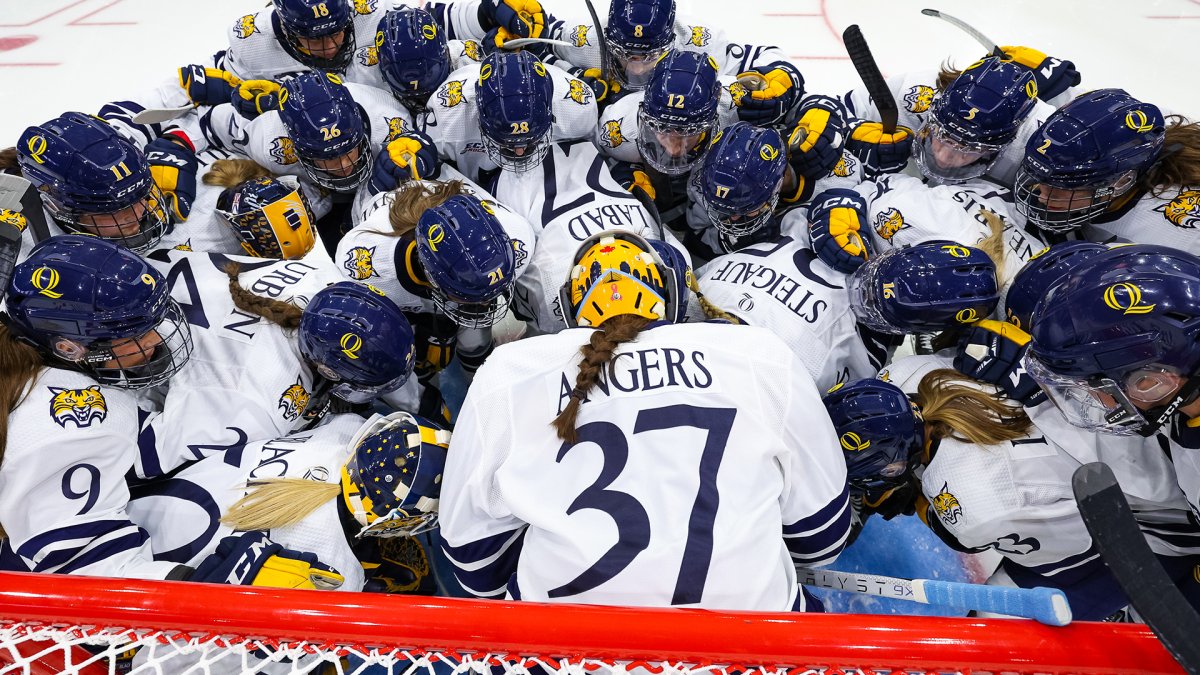Quinnipiac expresses little worry from Omicron variant before year’s end
December 3, 2021
Amidst the first reported Omicron COVID-19 variant case in Connecticut, Quinnipiac University will not be changing its current on-campus COVID-19 policies before the end of the semester.
The new strain of COVID-19 was first discovered and identified in southern Africa in November, spreading to the United States and now Connecticut as December began. While the national government has decreed Omicron a ‘variant of concern’, Dr. David Hill, senior medical adviser of Quinnipiac University, believes the strain will not be of much issue with the short amount of time students have left at school.
“I don’t think it’s going to affect Quinnipiac prior to Christmas break,” Hill said last week. “So in the next three weeks I think we will not be dealing with Omicron but we’ll see what happens when the first icelets are recognized and how they’re spreading in the U.S.”
Hill said that not much was going to change on campus in reaction to the variant, although conversely, there are no plans to reverse policies already in place. Even as Hamden has recently removed their indoor mask mandate, Hill said the COVID-19 Task Force has not thought about the removal of masks indoors much at all.
“I think the masks are with us,” Hill said. “They’re probably a small price to pay for continuing the freedom of interacting on campus and having in-person classes and social events and athletic events.”
It has been almost two years since COVID-19 was first discovered and went widespread. With the variant arriving, however, the return to normalcy will most likely be further delayed. Alyssa Carroll, a second-year political science major, still has hope that there may be better change in the future.
“My hopeful thoughts are that it won’t really affect us because, you know, we had most of our students vaccinated,” Carroll said. “If everyone stays diligent on campus, tries to wear their mask inside when they can, I feel like that will help a lot.”
While there may be little effect on campus, international students are more likely to be affected due to the country’s reaction to the new variant. According to Director of International Student Services Sarah Driscoll, new travel restrictions have come into effect especially in the region where the variant first was discovered. Driscoll is worried about the stricter policies that may bring hurdles to students traveling abroad.
“All international travelers entering the US are required to have a COVID vaccination and a negative COVID test,” Driscoll said. “Previously that was within the last 72 hours before departure, and the administration is looking to change that to 24 hours. So that could be difficult for students that are returning home to get a test and the results within that short window.”
Driscoll said that students planning to travel for the break should take these new restrictions into account, especially border closures, as more may come in the future.
“We expect that they will continue through the winter break,” Driscoll said. “We don’t have many students in that area [southern Africa], but we are discouraging travel if they are planning to travel there.”
As the variant continues to spread and COVID-19 cases increase in some areas, including Quinnipiac, there is a possibility new change may come as the spring semester arrives.








